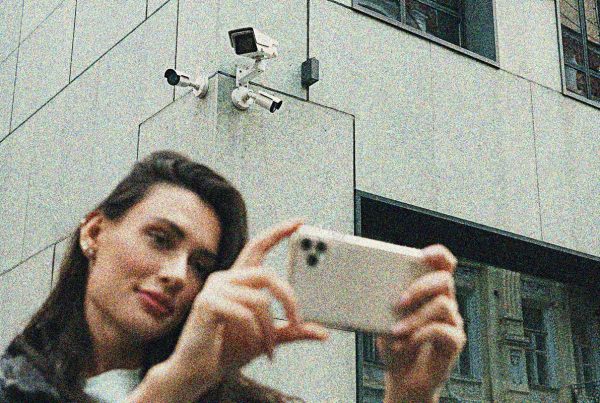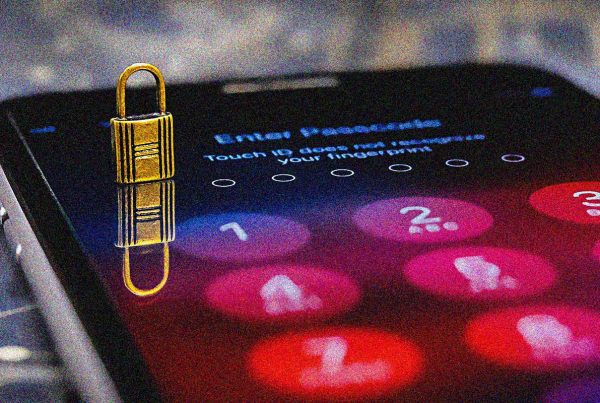In a decision released today in R v Reeves, the Supreme Court ruled that each Canadian has a reasonable expectation of privacy in their computer, even if they share it with others, under section 8 of the Charter. This decision is a great victory for citizens’ privacy rights. It broadens the protection of personal computers under the Vu framework by requiring a warrant to search a computer even if the co-owner with shared ownership and control consented to the search.
The case involved child pornography found on a home computer shared between the accused, Thomas Reeves, and his spouse. His spouse consented to police entering the home and taking the computer from the shared space. The officer at this time had no warrant. At the Supreme Court, the key issue was whether the police officer could rely on the consent of Reeves’ spouse to take the shared computer from their home.
The initial hearing judge concluded that the police infringed on Reeves’ Charter rights and excluded the child pornography evidence under section 24(2), resulting in an acquittal. The Court of Appeal reversed this decision, allowing the evidence and ordering a new trial. The Supreme Court sided with the hearing judge, excluding the evidence and restoring the acquittal.
Since the dawn of the digital era, the Supreme Court has been playing catch-up to apply section 8 to the search and seizure of computers and cell phones. These devices contain treasure troves of sensitive information that we wish to keep concealed from the prying eyes of the state. In R v Vu, Cromwell J stated that “the privacy interests implicated by computer searches are markedly different from those at stake in searches of receptacles such as cupboards and filing cabinets.” Post-Vu, law enforcement officers now require a prior judicial authorisation (such as a search warrant) to seize and search a personal computer.
Reeves may be considered an extension of Vu, in that it grants this protection to not only the claimant’s computer, but also a computer in which there is shared use. The decision is also informed by Marakah, which found that an involuntary loss of control of the device does not eliminate one’s expectation of privacy. Reeves was in custody and unable to enter his home at the time investigators seized his computer.
While Reeves’ conviction turned on the sole issue of the seizure of his computer, another issue raised in this appeal was on the police’s entry into a residence shared by Mr Reeves and his spouse. While the majority declined to address this issue here, Justice Moldaver and Justice Côté offered differing opinions on when it is appropriate for police officers to enter and search the common areas of a residence when given consent by a single resident in a shared dwelling.
This issue is expected to be addressed in R v Le – an upcoming decision in which CCLA is an intervener. We also recently appeared in front of the Supreme Court in R v Mills, fighting for the right for Canadian citizens’ privacy in one-to-one electronic conversations. CCLA eagerly awaits the court’s decision in both of these judgements as we continue to fight for the privacy protections of Canadians both in physical and digital spaces.
Teddy Weinstein
Articling Fellow
tweinstein@ccla.org
About the Canadian Civil Liberties Association
The CCLA is an independent, non-profit organization with supporters from across the country. Founded in 1964, the CCLA is a national human rights organization committed to defending the rights, dignity, safety, and freedoms of all people in Canada.
For the Media
For further comments, please contact us at media@ccla.org.





